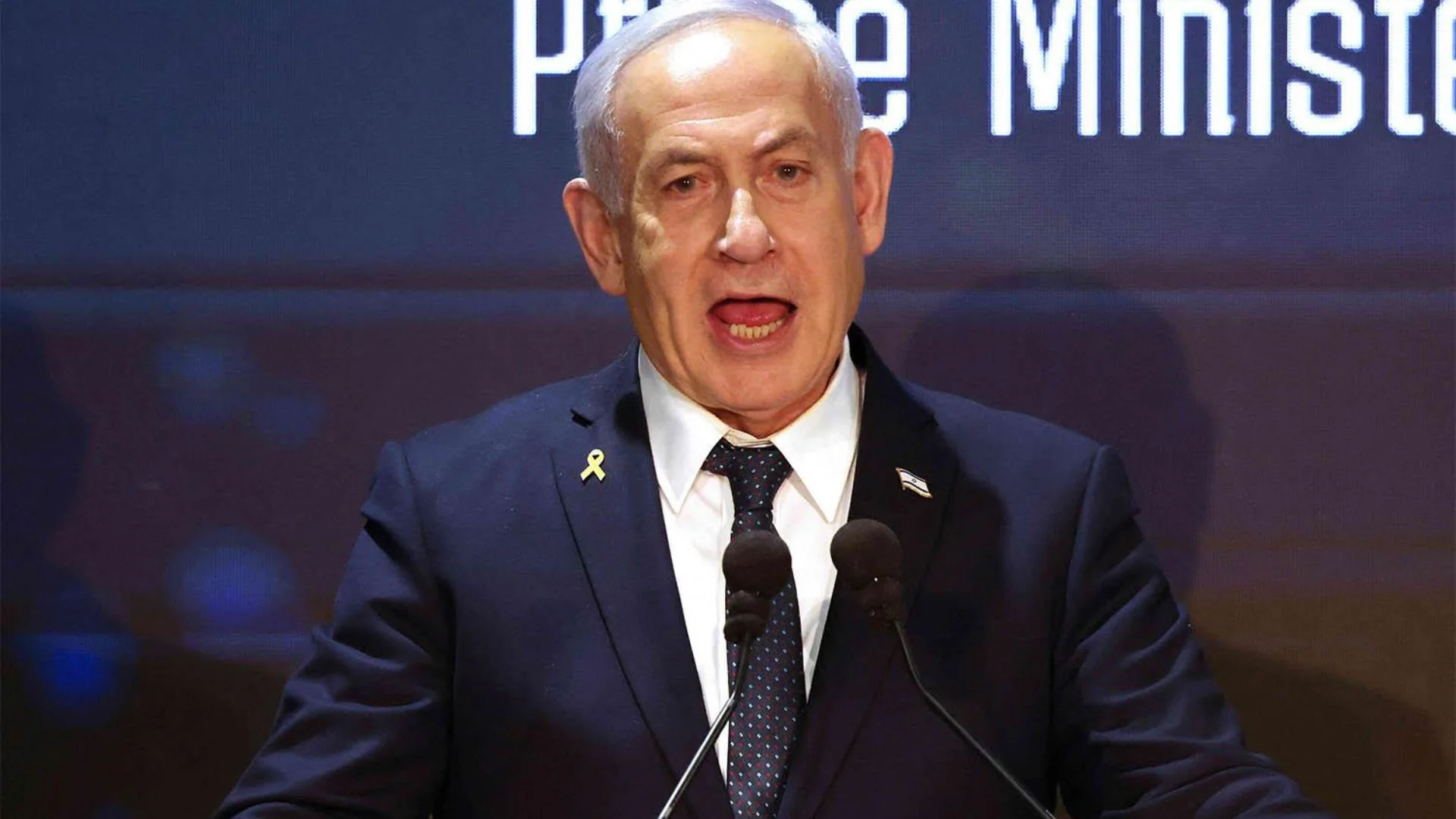Israel has been shaken by a mounting scandal, nicknamed “Qatargate,” as it comes to light that aides to Prime Minister Benjamin Netanyahu were given financial support by Qatar an allegation which has prompted a high-profile investigation.
The furor is based on reports that at least two of Netanyahu’s closest advisors were paid to boost Qatar’s image in Israel, even though the Gulf state supports Hamas and acts as a middleman in hostage negotiations.
The probe was stepped up on Monday when two aides, one serving and one former, were arrested, and Netanyahu himself was questioned, although not as a suspect. He called the investigation a “political witch hunt,” denouncing the arrests of his aides, Yonatan Urich and Eli Feldstein. A court has ordered their detention until Thursday.
Urich, a close Netanyahu friend and past social media manager for the Likud party, is a co-owner of a media consulting firm that reportedly helped Qatar with its image-building campaigns prior to the 2022 World Cup. Feldstein, who was already being investigated for leaking classified information, was allegedly paid by a US lobbyist representing Qatar while working for Netanyahu.
Investigations are examining links between Feldstein and Jay Footlik, a US lobbyist whose company, Third Circle Inc, is registered as a foreign agent under the US Foreign Agents Registration Act (FARA) for representing Qatar. It has been reported that Third Circle channeled money meant to encourage Qatar’s participation in Gaza truce talks.
The scandal has further criticized Netanyahu’s leadership, especially over his previous policies admitting Qatari money into Gaza, which strengthened Hamas, argue some. With tensions building on Netanyahu’s current legal challenges and disagreements with Israel’s security apparatus, the political consequences of Qatargate are still unknown.









